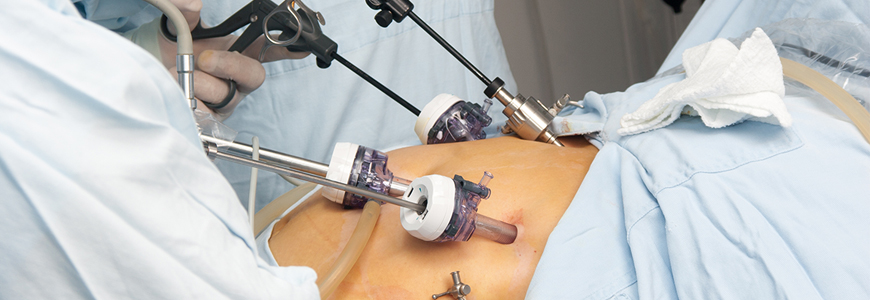The long-term remission or improvement of type 2 diabetes mellitus (T2DM) following Roux-en Y gastric bypass surgery (RYGB) is now well-validated. While a component of this response is undoubtedly weight loss, recent data also indicates that islet beta cells ( cells) are also involved.
Following bariatric surgery, cells appear to be more responsive to nutrients, says David A. D’Alessio, chief of Duke Division of Endocrinology, Metabolism and Nutrition and a leading diabetes researcher. D’Alessio is also a member of the Duke Molecular Physiology Institute.
Diabetes resolution typically occurs within one week to three months following bariatric surgery. This occurs despite the challenge presented by surgery of rapid passage of meal contents through the stomach, and faster absorption of nutrients including glucose into the circulation. One way to meet this challenge is for islet -cells to secrete more insulin, D’Alessio says. Duke endocrinologists continue to examine the relationship between cell function and bariatric surgery, focusing primarily on RYGB or vertical sleeve gastrectomy (VSG).
“It is not clear how bariatric surgery affects islet cells, but better insulin secretion appears to be an early response to surgery that precedes substantial weight loss,” D’Alessio says. “As patients lose weight and become more sensitive to insulin, the amount of insulin secreted is reduced proportionately to maintain glucose levels without hypoglycemia.”
Understanding the mechanisms by which cells enhance and attenuate insulin secretion may be useful in therapeutic development, D’Alessio says. Variation among humans in cell adaption to surgery may also help explain differences in a beneficial response (diabetes resolution) or harmful reaction (hyper insulinemic hypoglycemia).
The post-surgical hypoglycemia syndrome that occurs in 1 to 10 percent of patients after gastric bypass may reflect an abnormality in adjusting insulin secretion to a new level of insulin sensitivity, D’Alessio adds.
Multiple studies have shown dramatic improvements in the T2DM following gastric bypass surgery, and the overwhelming clinical evidence supports the surgical procedure as a treatment for T2DM. In addition to the resolution of T2DM following bariatric surgery, patients typically lose about 30 percent of pre-operative body weight and experience a reduction in circulating glucose and lipids as well as improvements in cardiovascular risk factors. Other typical post-surgical changes include reductions in food intake and increases in energy expenditure.
